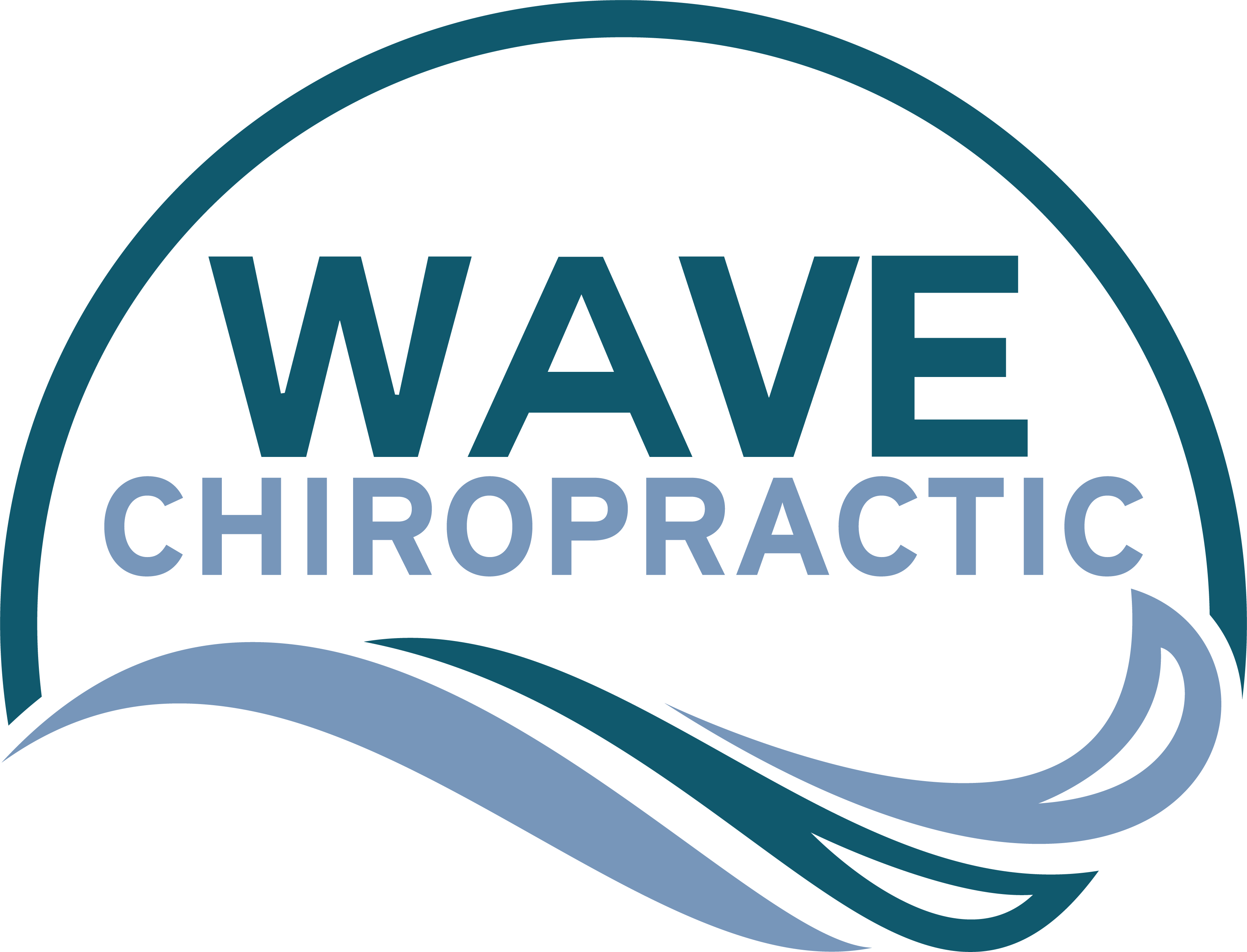When you're dealing with a headache, you might want to explore gentle remedies that can provide relief without harsh medications. Herbal teas, essential oils, and simple lifestyle changes can work wonders in alleviating discomfort. You may find that techniques like acupressure and mindfulness practices not only ease your pain but also enhance your overall well-being. Curious about how these natural options can fit into your routine and potentially transform your approach to headache management? There's more to discover that could lead to lasting relief.
Herbal Teas for Relief
Finding relief from headaches can often feel like a quest for comfort, and herbal teas offer a soothing solution. When you sip on a warm cup of herbal tea, you're not just indulging in a pleasant beverage; you're also tapping into nature's powerful remedies. Many herbs have properties that can help ease headache pain and promote relaxation.
Chamomile tea is a popular choice for its calming effects. Its anti-inflammatory properties can help reduce tension, making it an excellent option after a long day. Just steep a tea bag or fresh chamomile flowers in hot water for about five minutes, and enjoy the gentle alleviation it brings.
Peppermint tea is another great option. The menthol in peppermint has a cooling effect that can alleviate headache symptoms. You can prepare it as a tea or simply chew on fresh leaves. The invigorating aroma also helps lift your mood, which can be essential during a headache.
Ginger tea is known for its anti-nausea properties, which can be particularly beneficial if your headache comes with an upset stomach. Simply slice some fresh ginger root, steep it in hot water, and savor the spiciness that soothes both your head and your tummy.
Finally, passionflower tea may help reduce anxiety and promote better sleep, both of which can contribute to fewer headaches.
Essential Oils Benefits
Essential oils can be a game-changer when it comes to headache relief, offering a range of benefits that can enhance your overall well-being. These concentrated plant extracts can help alleviate headache symptoms through their powerful properties.
For instance, peppermint oil is known for its cooling effect and ability to improve circulation. Applying it to your temples can provide instant relief from tension headaches.
Lavender oil is another excellent choice. Its calming aroma can reduce stress and promote relaxation, making it perfect for headaches triggered by anxiety. Simply inhaling its soothing scent or using it in a diffuser can create a peaceful environment that helps ease your pain.
Eucalyptus oil is particularly effective for sinus headaches. Its anti-inflammatory properties can help open up your nasal passages, allowing for easier breathing and reducing pressure in your head. You can apply diluted eucalyptus oil to your chest or temples for maximum benefit.
Additionally, you might want to take into account using chamomile oil. This gentle oil has anti-inflammatory and calming effects, making it ideal for tension and stress-related headaches. A warm compress infused with chamomile oil can be a comforting remedy.
Finally, always remember to dilute essential oils with a carrier oil before applying them to your skin. This practice guarantees you get the benefits without any irritation.
Incorporating essential oils into your headache relief routine could greatly improve your comfort and overall quality of life.
Mindfulness and Meditation
Integrating mindfulness and meditation into your routine can complement the benefits of essential oils for headache relief. These practices help you cultivate awareness and reduce stress, which can be key triggers for headaches.
By focusing on the present moment, you can create a mental space that alleviates tension and promotes relaxation.
Here are three effective mindfulness and meditation techniques you can easily incorporate into your day:
- Breathing Exercises: Find a comfortable position and take deep, slow breaths. Focus on the sensation of your breath entering and leaving your body. This simple practice can help you ground yourself and ease headache discomfort.
- Body Scan Meditation: Lie down or sit comfortably. Close your eyes and mentally scan your body from head to toe, noticing any areas of tension or discomfort. Acknowledging these sensations can help you release built-up stress and promote relaxation.
- Guided Meditation: Use an app or online resource to follow a guided meditation specifically designed for headache relief or relaxation. These sessions often include soothing music and calming narratives, which can help distract your mind from pain.
Acupressure Techniques
Acupressure techniques offer a natural and effective way to relieve headaches by applying pressure to specific points on the body. You can easily perform these techniques at home, making them a convenient option for headache relief. To start, find a quiet space where you can focus and relax for a few minutes.
One key acupressure point is located between your eyebrows, known as the Yin Tang point. Gently press on this area with your fingers for about 30 seconds while breathing deeply. This can help alleviate tension and promote relaxation.
Another important point is the LI4, found in the webbing between your thumb and index finger. Applying firm pressure here can relieve headache pain and tension throughout your head and neck.
You might also try the GB20 points, located at the base of your skull, just outside the neck muscles. Use your thumbs to apply pressure in a circular motion for 30 seconds. This technique can reduce pain and enhance blood circulation.
Remember to maintain a steady breath while practicing these techniques. You can repeat these pressure points several times as needed, allowing yourself to relax in between.
Acupressure not only helps manage headache pain but also promotes overall well-being. So, the next time you feel a headache coming on, give these acupressure techniques a try and see how they work for you.
Lifestyle Adjustments
Making simple lifestyle adjustments can greatly reduce the frequency and intensity of headaches. By incorporating a few small changes into your daily routine, you can create a more headache-friendly environment. Here are three effective adjustments to contemplate:
- Improve Sleep Hygiene: Establish a consistent sleep schedule by going to bed and waking up at the same time every day. Create a restful environment by keeping your bedroom dark, quiet, and cool. Prioritize quality sleep to help prevent headaches triggered by fatigue.
- Manage Stress: Incorporate relaxation techniques into your daily life. Practices like deep breathing, meditation, or yoga can help you manage stress levels. Finding a few moments each day to unwind can markedly reduce headache occurrences.
- Adjust Screen Time: If you spend hours in front of a screen, take regular breaks to alleviate eye strain. Follow the 20-20-20 rule: every 20 minutes, look at something 20 feet away for 20 seconds. Additionally, adjust your screen brightness and position to minimize glare.
Implementing these lifestyle adjustments can have a powerful impact on your overall well-being and headache management.
You'll likely notice a decrease in the frequency and severity of your headaches, allowing you to enjoy life more fully.
Staying Hydrated
Hydration plays an essential role in preventing headaches and maintaining overall health. When you don't drink enough water, your body can become dehydrated, which is a common trigger for headaches. Staying hydrated helps keep your body functioning properly, ensuring that your brain gets the fluids it needs to operate at its best.
To prevent headaches, aim to drink at least eight 8-ounce glasses of water daily. Of course, individual needs can vary based on factors like activity level, climate, and overall health. If you're physically active or live in a hot environment, you'll likely need more.
Keep a water bottle handy throughout the day, and take sips regularly, so you don't wait until you're thirsty to hydrate.
Besides plain water, you can also increase your hydration through foods. Fruits and vegetables with high water content, like cucumbers, watermelon, and oranges, contribute to your overall fluid intake. Herbal teas and broths can be great options too.
If you find yourself feeling a headache coming on, assess your hydration levels. A quick glass of water might do the trick. Additionally, try to avoid excessive caffeine and alcohol, as these can lead to dehydration and may worsen your headache symptoms.
Conclusion
Incorporating gentle remedies into your routine can greatly ease headache discomfort. Whether you sip on calming herbal teas, enjoy the soothing scents of essential oils, or practice mindfulness, each method offers unique relief. Don't forget to try acupressure techniques and make lifestyle adjustments to enhance your overall well-being. Staying hydrated is key, too! By exploring these options, you can take proactive steps toward managing headaches and improving your quality of life.

